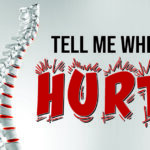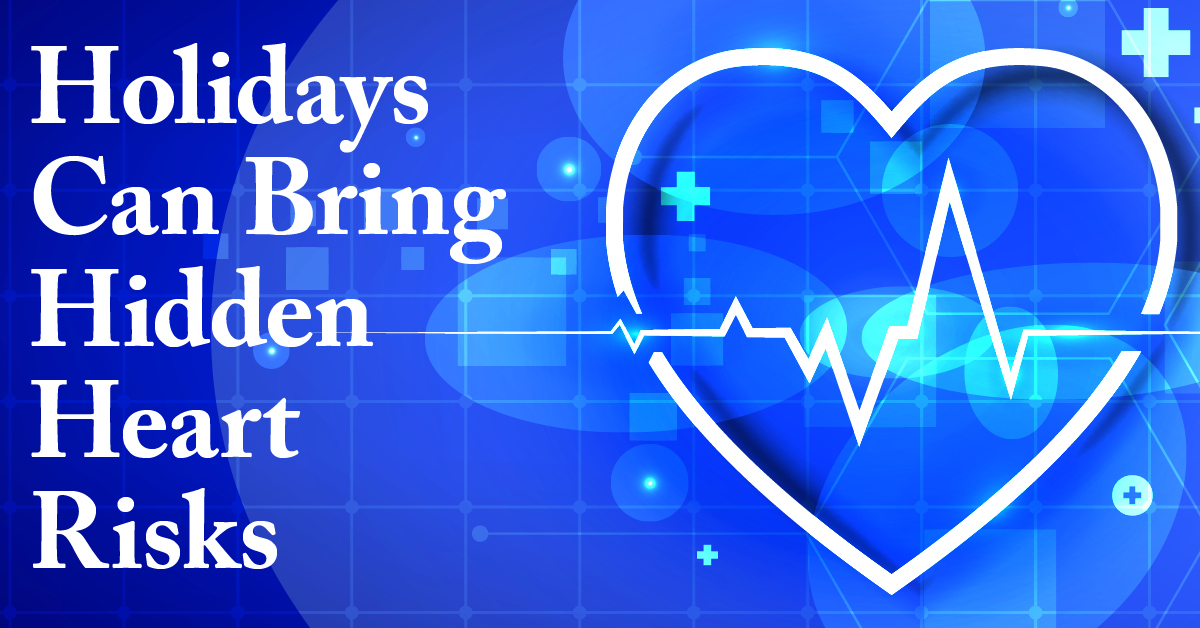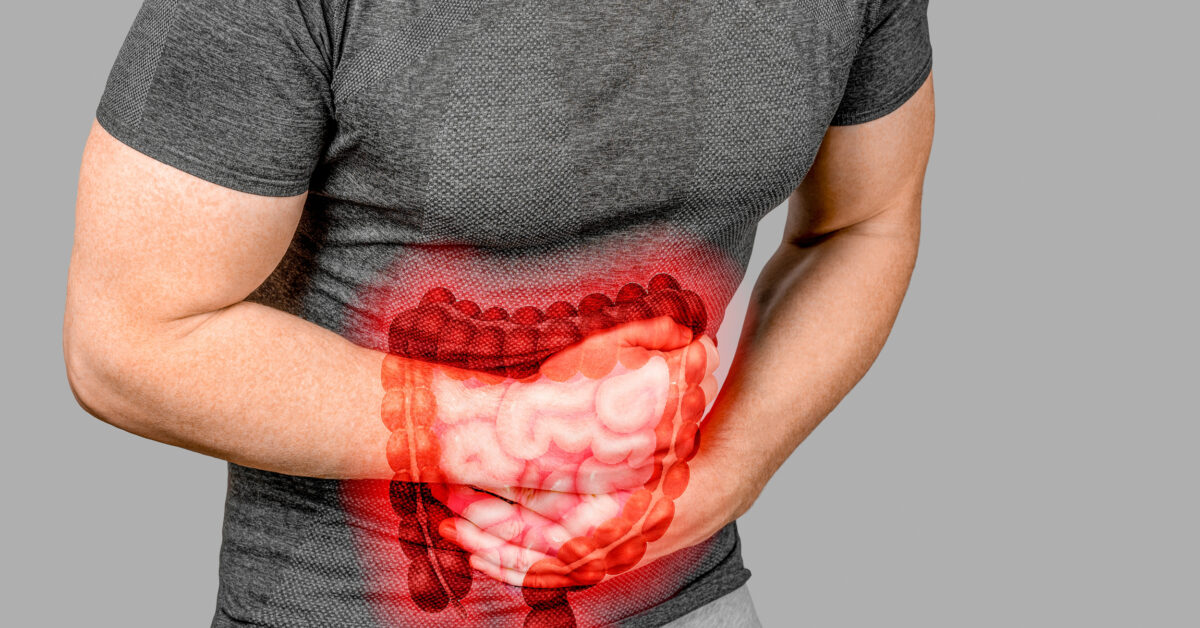
Tell Me Where It HURTS
December 2024
Fitting In FITNESS During The Holidays
December 2024by Kristy Como Armand
The festive holiday season, known for joy and celebration, is also recognized as a season of significant rise in heart-related problems, including heart attacks. Multiple research studies have found a 25% increase in heart attacks and a 40% rise in related deaths during this time, making December particularly risky for cardiac health.
Stress, dietary changes, and disruptions to daily routines are key contributors. “The holiday period often leads to heightened stress due to financial concerns, family obligations and travel, just to name a few factors,” explains Dr. LaVigne, cardiologist with Imperial Health. “This stress can elevate blood pressure and heart rate, and release adrenaline, which constricts blood vessels and increases strain on the heart.”
The hectic pace of the holiday season can also cause people to forget to take medications such as blood thinners and pills for high blood pressure. Those who are traveling may forget to pack their prescriptions and be unable to get refills while they are gone.
He adds that other holiday-related factors, including too much food, too little exercise and added stress, may contribute to heart problems during the month. “People get busy, and either don’t have time to follow their regular diet and exercise program or choose to take a break. Parties, shopping, guests and other activities provide the perfect excuse for skipping a workout or indulging in foods higher in fat, sodium and calories – all things that are not good for your heart.”
In addition, Dr. LaVigne says people with symptoms of heart trouble prior to the holidays tend to delay going to the doctor. “This can be from a combination of denial and procrastination because it’s such a hectic time. They have extra obligations at home and work, and don’t want to spoil the festivities of the season. As a result, they are less likely to see their physicians when they first notice symptoms, mistakenly thinking they can just deal with it after the holidays are over.”
Even when they recognize their symptoms as signs of heart problems, research has found that people are more reluctant to go to an emergency room if they are at a holiday gathering, or if they’ve traveled to a strange city during the holidays. “This delay in seeking treatment means they are in more of a critical condition when they do finally get medical assistance, and every minute matters when it comes to treating a heart attack,” stresses Dr. LaVigne. “Early recognition of symptoms, such as chest discomfort, shortness of breath, and nausea are vital.”
Preventing holiday-related heart problems requires a mindful approach. Dr. LaVigne recommends maintaining medication routines, and moderating food and alcohol intake. Physical activity is essential too. Aim for 150 minutes of exercise weekly, even during the holidays, as advised by the American Heart Association.
“It’s important to keep in mind that you can’t take a holiday from cardiovascular health, particularly if you have had cardiac problems,” he says. “This doesn’t mean you can’t enjoy the festive season but be sensible about your choices and keep healthy lifestyle factors in mind.”
For more information on heart health or to schedule an evaluation, call Dr. LaVigne at (337) 312-8281.






